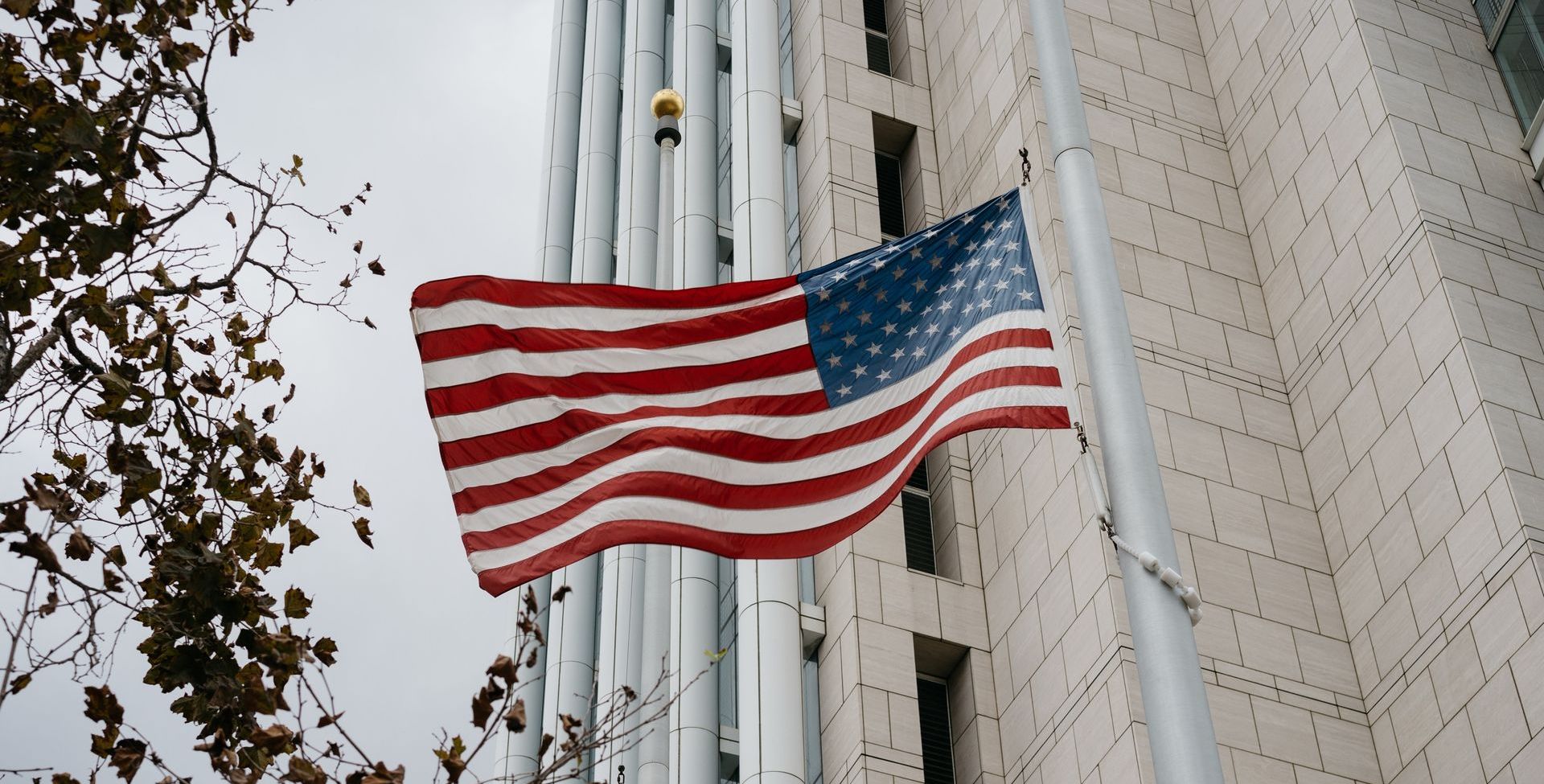Shutdown Showdown: The Looming Threat to Immigration Services Amidst Fiscal Disputes
The U.S. Citizenship and Immigration Services (USCIS)
The U.S. Citizenship and Immigration Services (USCIS) functions primarily on fees rather than government funding. USCIS offices typically remained open in previous shutdowns, but we should anticipate slower operations and processing bottlenecks.
This slowdown occurs because of reduced staffing levels, mainly when USCIS adjudicators depend on other government functions to make decisions. While USCIS is not heavily reliant on government funding, the interconnectedness of various agencies can indirectly affect its efficiency during government shutdowns, leading to potential delays in immigration-related services and decisions.
Speaking of the direct impact of Immigration on the federal government, the funding structure, and potential effects of government shutdowns on specific U.S. government agencies and their immigration-related functions are noteworthy.
Department of State (DOS)
The U.S. Department of State, which plays a pivotal role in managing visa applications and U.S. citizen services, relies on funding from visa application fees and related charges. This funding model has historically allowed the department to maintain essential services, including visa processing for citizens and immigrants.
However, in the event of an extended government shutdown, nonemergency services could be affected, possibly resulting in the suspension of various visa-related functions. This would manifest as the non-issuance of business and employment visas and potential cancellations or rescheduling of pending visa application appointments.
Department of Labor (DOL)
On the other hand, the U.S. Department of Labor (DOL) faces more substantial challenges during government shutdowns. Unlike fee-generating agencies, DOL relies heavily on government funding. Consequently, past government shutdowns have significantly impacted DOL's immigration-related functions.
This disruption has been particularly evident in labor condition applications (LCAs), PERM labor certification applications, and prevailing wage requests. During shutdowns, these functions were typically suspended, accumulating backlogs and extended processing times even after government operations resumed.
These distinct funding models and historical trends highlight agencies' varying vulnerabilities regarding immigration-related services during government shutdowns. It underscores the importance of budgetary considerations and contingency planning to ensure the continuity of essential immigration functions, particularly when fee-based funding models may provide some resilience but are not immune to disruptions caused by extended government shutdowns.
The incapacity to handle LCAs would directly influence employers' capacity to proceed with H-1B, H-1B1, and E-3 petitions. Additionally, if a government shutdown occurs, it is highly probable that E-Verify, the system employers use to confirm employment eligibility, will be non-operational.
Consequently, employers could commence, address, or fulfill necessary deadlines within the system once it is reinstated following the resumption of government operations. It's essential to underscore that employers will still be obligated to conduct I-9 verifications without any exemptions or exceptions, even without E-Verify functionality.
In summary, a U.S. government shutdown is poised to extend processing durations for various immigration-related affairs. The primary repercussions, particularly for U.S. employers hiring foreign workers, encompass:
- The incapacity of employers to secure approved LCAs for H-1B, H-1B1, and E-3 petitions.
- The Department of Labor's inability to handle PERM labor certification applications and determine prevailing wages.
- The potential hindrance for individuals seeking to apply for business and employment visas to enter the United States.
As mentioned earlier, a shutdown isn't the most probable scenario, but considering the current situation with immigrants, it is likely an option that is executed. We'll be the first ones to inform you of any developments that come about in this situation.
This blog is not intended to be legal advice and nothing here should be construed as establishing an attorney client relationship. Please schedule a consultation with an immigration attorney before acting on any information read here.






